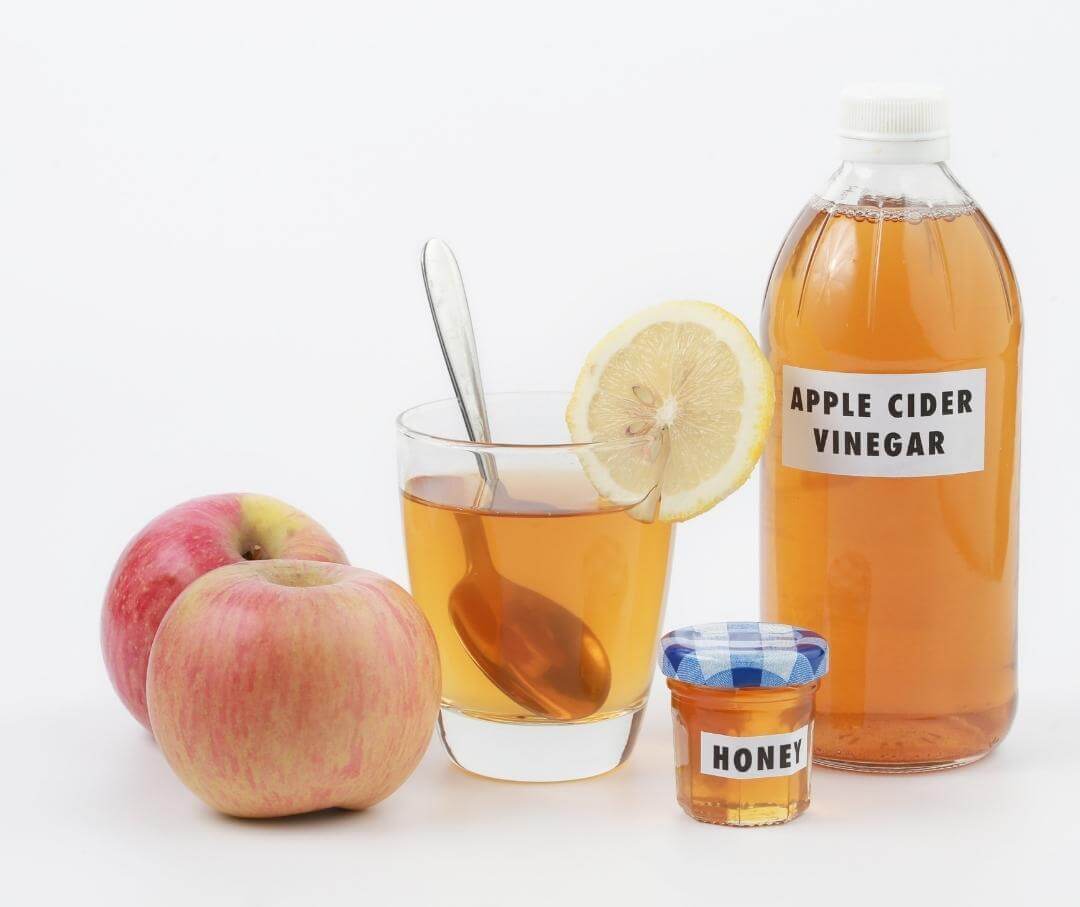Okra is one of the world’s oldest cultivated crops, originating from Africa more than 1000 years ago.1 It thrives in hot and humid climates, and is a robust plant, yielding more product (edible mucilage, seed, and pods) than most vegetables. In addition to it’s high yields, okra offers more nutritional value than other veggies. It’s a good source of dietary fiber, vitamins A and C, and minerals like potassium.
Okra can be prepared in a variety of ways, but one of the most popular ways to consume it is by drinking okra water. This concoction is made by soaking raw okra pods in water for several hours until the water has absorbed the nutrients from the okra’s skin and seeds. Drinking okra water is associated with numerous health benefits, but may not be right for everyone. This article will explore the advantages of drinking okra water, as well as provide some facts you may want to consider prior to incorporating it into your diet.
{{mid-cta}}
Pros and Cons of Okra Water

Okra water has recently gained popularity on social media due to its potential health benefits. However, some experts believe that this drink may pose risks. Below are some of the advantages and disadvantages of consuming okra water:
Pros of Drinking Okra Water:
- Natural Source of Antioxidants: Okra is high in polyphenols like quercetin, which has antioxidant properties and protects against free radicals.2
- Can Optimize Blood Sugar Levels: Okra has been shown to have antidiabetic properties and can be helpful for blood sugar management. This powerful veggie can help improve insulin sensitivity and reduce blood glucose levels.2
- May Protect Against Cancer: Okra seed extracts have been shown to inhibit the growth of gastric and colorectal cancer cells.2
- Can Support a Healthy Immune System: Compounds found in okra have been shown to directly affect the immune system and can lower inflammation.3
- May Boost Heart Health: Research has shown that diets rich in foods containing polyphenols lower inflammation and reduce the risk of heart disease.4 Due to its high level of polyphenols, okra is considered a heart-healthy food.
- May Support Weight Loss: Animal models have shown that okra can reduce body weight by increasing the breakdown of fat (known as lipolysis).5
Cons of Drinking Okra Water:
- May Cause Allergic Reaction: It’s possible to experience an allergic reaction to okra, even if you’ve had the veggie before. Talk to your healthcare provider if you’re concerned you may have an okra allergy.
- Can Cause Digestive Issues: Okra contains a type of carbohydrate called fructans. These can irritate the gut and cause symptoms like diarrhea (especially in people with IBS).
- May Interfere With Diabetes Medications: Okra can significantly lower glucose levels, which can cause hypoglycemia in people already taking medications for type 2 diabetes.
- Can Exacerbate Kidney Stones: Okra is high in oxalates, which can form crystals and contribute to kidney stones. If you have a history of this condition, avoiding high-oxalate foods is best.
<p class="pro-tip"><strong>Also Read: </strong><a href=does-milk-hydrate-you>Is Milk a Better Hydrator Than Water?</a>.</p>
How to Get the Most From Okra Water

Due to the high nutrient density of okra, okra water may offer many health benefits. Okra water is a convenient way to reap the benefits of this veggie, as it can be easily prepared. When making okra water, you can use fresh or frozen pods. The pods should be sliced before combining them with water for maximum benefit. Let the okra soak for at least 8 hours (or up to 24 hours), and drain the water to remove the okra pieces. The consistency should be thick and slimy.
While okra water is currently trending, it’s important to note that this veggie can be prepared or cooked in a variety of ways and still reap the same perks.
When Should You Drink Okra Water?
Okra water can be consumed at any time, but to get the maximum health benefits of okra water it may be best to drink it first thing in the morning. Drinking okra water on an empty stomach will help your body best absorb all the nutrients, and it’s a great way to ensure optimal hydration before your morning cup of coffee. The okra water and fiber consistency will help you fill you up, so you can start your day feeling full and focused.
Is Okra Water Right for You? Find Out Who Should Try or Avoid It
Okra water is generally a healthy beverage to add to your routine. It’s a good source of fiber, which supports regular bowel movements and prevents constipation, helps with weight loss, as well as optimizes cholesterol levels. Additionally, it contains essential nutrients like vitamin A, vitamin C, folate, choline, and magnesium, as well as powerful plant compounds like flavonoids and phenolic acids that support your overall health in a multitude of ways.
That being said, if you have a history of gastrointestinal issues like IBS, kidney stones, or are concerned about an allergy, you should talk to your doctor or nutritionist before trying this trending health drink.
Learn How to Improve Your Nutrition and Monitor Your Glycemic Index Levels With Signos’ Expert Advice
Signos incorporates cutting-edge research and the proven power of continuous glucose monitoring to help you lose weight and improve your health. Not sure if Signos is right for you? Take this quiz to find out! Interested in learning more about nutrition and healthy eating habits? Check out more articles on our blog.
<p class="pro-tip"><strong>Learn More: </strong><a href=water-fasting-what-is-it-benefits-and-risks>Water Fasting: What Is It, Benefits and Risks</a>.</p>
- Item 1
- Item 2
- item 3
Topics discussed in this article:
References
- https://hortipm.tamu.edu/newsletters/hortupdate/hortupdate_archives/2002/oct02/art6oct.html#:~:text=Experts%20think%20it%20originated%20over,pods%20were%20eaten%20with%20meal.
- https://www.ncbi.nlm.nih.gov/pmc/articles/PMC7865958/
- https://www.ncbi.nlm.nih.gov/pmc/articles/PMC5980337/
- https://www.ncbi.nlm.nih.gov/pmc/articles/PMC5338147/
- https://pubs.rsc.org/en/content/articlehtml/2022/fo/d2fo02790a
































